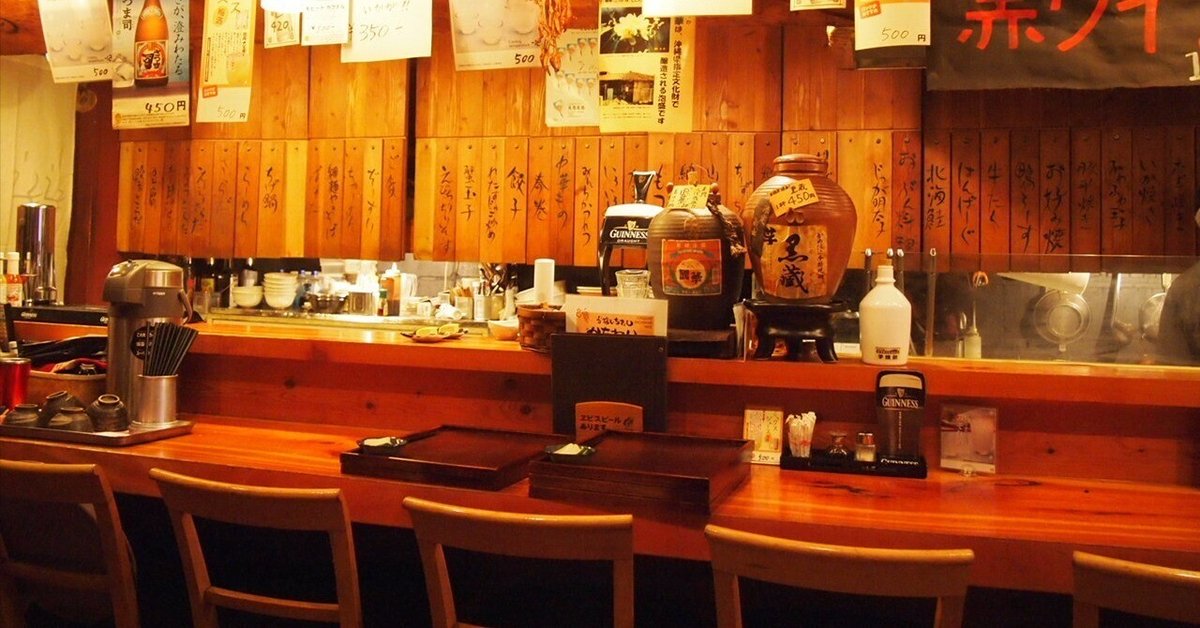
My First Job in Japan: A Journey Through a Busy Izakaya
Living in Japan and My First Job Experience
This is a story about my experience when I first started living in Japan and had my very first part-time job. While attending school, I lived in Yokohama and commuted to Shibuya to work at an izakaya (Japanese pub). As I was actually a shy person, working at an izakaya was a huge challenge. I didn’t know much about the different kinds of sake, and even when I heard their names, I couldn’t remember them. At first, I was assigned simple tasks like serving drinks other than sake, such as highball and soft drinks, and cleaning up, but I was still clumsy. I vividly remember one day when the manager quietly said, “We don’t actually need a part-timer.” I was deeply hurt, and the words stuck in my head even after I went home. But my pride couldn’t accept such a remark. From that moment, I made it my goal to prove that I was capable. I worked extremely hard and soon learned how to handle even the busiest weekend shifts with efficiency.
Thanks to my efforts, I was later assigned to the kitchen. However, this became one of my biggest regrets. Although I had cooked at home before, I never paid much attention to the presentation of food. But in the Japanese restaurant, maintaining consistency in both taste and appearance was essential, and I struggled with that. I found it especially tough on weekends or days with many reservations, where I had to prepare dishes while simultaneously prepare for the next orders. It was extremely exhausting.
Perhaps a Growth for Me
After working in the kitchen for a while, a new part-timer joined and wanted to try kitchen work, so I moved to be a waiter. Although serving customers had its challenges, it was far easier for me than working in the kitchen. Plus, interacting with customers allowed me to practice my Japanese, and I enjoyed hearing different people's stories. Thanks to my experience in the kitchen, I knew how long certain dishes took to prepare and could even help out the kitchen when needed. So, in the end, my kitchen experience wasn’t wasted.
However, the toughest part was still remembering the names of the different kinds of sake, like Hououbiden (鳳凰美田), Dassai (獺祭), and Denshu (田酒). (Who could remember all these? I couldn’t even read them at first!) The easiest ones to remember were sake with furigana, and simple names such as Maou (魔王). Not only did I have to remember the names, but I also had to learn how to serve them, like nurukan (warm sake), ichigo (one serving), and reishu (cold sake). At first, I thought they were magical spells! The hardest part was when a customer asked for recommendations, like “Do you have any barley-based sake?” At that point, I just handed things over to my senior staff lol.

While the experience was fun and fulfilling, balancing it with school was incredibly tough, and I was exhausted every day. Luckily, my Japanese language classes weren’t too much of a burden since I was already comfortable with the material. I worked at the izakaya for about a year and a half, but due to a development project in Shibuya, the shop had to close, and I had to leave the job. Interestingly, the same manager who once said I wasn’t needed eventually started to rely on me more, especially when I worked in the kitchen. He also said that he could take more day off when I was in the shift and, eventually, we get along well. He once even invited me to a concert held by MusicRay’n and I enjoyed it so much!
My Thought About It Now
Looking back, one of the biggest mistakes I made was pushing myself too hard without finding a balance. I wanted to prove myself so badly that I ended up overworking. It left me feeling drained, and I had little energy left for my studies or personal life. Although I succeeded in the job, I realized that burning out was not the right path.
If there’s one piece of advice I’d like to offer from this experience, it’s to always find a balance between work and rest, especially when living in a foreign country. I learned the hard way that it’s not just about working hard, but also about taking care of yourself. Make time to enjoy your surroundings, recharge, and balance your efforts between work and study. It’s the key to making your experience fulfilling without sacrificing your well-being. That’s a lesson for me not to overworking and feel the importance of balancing things.
That’s all for this story. Next time, I thought to write more about the things that surprised me and the impressions I had when I first came to Japan, but there's change of plan. I will write about my latest experience in a Summer Festival held in my neighborhood.
